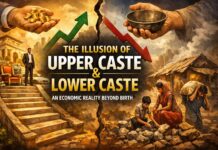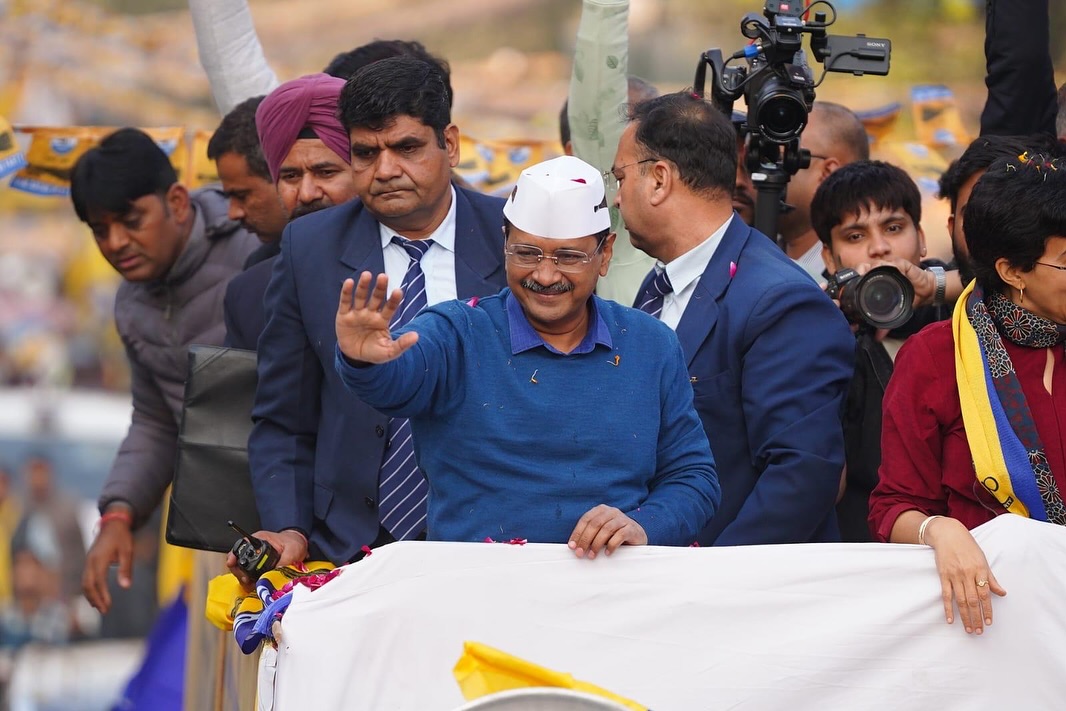Arvind Kejriwal: The Maverick Politician Who Redefined Indian Politics
Arvind Kejriwal, the Chief Minister of Delhi and the face of the Aam Aadmi Party (AAP), is one of the most influential political figures in modern India. A former bureaucrat turned politician, Kejriwal has reshaped the political landscape with his anti-corruption stance, grassroots activism, and commitment to governance reform. His journey from an activist to a political leader has been nothing short of extraordinary, marked by controversies, victories, and relentless struggles.
Early Life and Career
Born on August 16, 1968, in Siwani, Haryana, Arvind Kejriwal was an academically bright student who pursued mechanical engineering from the Indian Institute of Technology (IIT) Kharagpur. He later joined the Indian Revenue Service (IRS) in 1995 as an income tax officer but resigned in 2006 to dedicate himself to social activism.
From Activism to Politics
Kejriwal first gained national recognition through his work with Parivartan, an NGO focused on the Right to Information (RTI) Act, which empowered citizens to demand transparency from the government. However, his major breakthrough came as a key figure in the India Against Corruption movement, led by Anna Hazare in 2011. The movement called for the enactment of the Jan Lokpal Bill to curb corruption in government offices.
While Hazare preferred to keep the movement non-political, Kejriwal believed in direct political intervention. This led to the formation of the Aam Aadmi Party (AAP) in 2012, a political outfit dedicated to the common man’s issues.
Political Rise and Governance
Kejriwal’s political career has been a rollercoaster ride. In the 2013 Delhi Assembly elections, AAP made a spectacular debut, winning 28 out of 70 seats. Kejriwal formed a government with Congress’s support but resigned after 49 days, citing obstacles in passing the Jan Lokpal Bill. However, he made a resounding comeback in 2015 when AAP secured 67 out of 70 seats, an unprecedented majority. His governance model focused on healthcare, education, and free utilities like water and electricity, which struck a chord with Delhi’s citizens.
Under his leadership, Delhi witnessed the establishment of Mohalla Clinics for affordable healthcare, improvements in government schools, and subsidized electricity and water for residents. His welfare policies have been praised and have set a new benchmark in urban governance.
Challenges and Controversies
Despite his achievements, Kejriwal’s political journey has been fraught with challenges and controversies. His confrontations with the central government, allegations of populism, accusations against AAP leaders, and legal battles have often put him in the limelight. He has also been criticized for his unconventional methods, such as holding protests while in office and targeting political opponents aggressively.
The Enforcement Directorate (ED) and the Central Bureau of Investigation (CBI) have probed his party and its members on various allegations, including the excise policy controversy. However, Kejriwal and his supporters dismiss these as politically motivated attacks.
Legacy and Future
Arvind Kejriwal’s impact on Indian politics is undeniable. He has challenged the traditional two-party dominance and has expanded AAP beyond Delhi, with electoral successes in Punjab and efforts to establish a national footprint. His model of governance, centered on public welfare and service delivery, has inspired other political parties to adopt similar policies.
As he continues to navigate the complex world of Indian politics, Kejriwal remains a polarizing yet formidable figure. Whether one agrees with his politics or not, his rise from an activist to a chief minister symbolizes the power of grassroots movements and the potential for change in governance.
Conclusion
Arvind Kejriwal’s journey is a testament to perseverance, innovation, and disruption in Indian politics. From fighting corruption to implementing progressive policies, he has positioned himself as a leader with a vision for change. As India moves forward, his role in shaping the political narrative will be crucial, making him one of the most intriguing politicians of our time.













